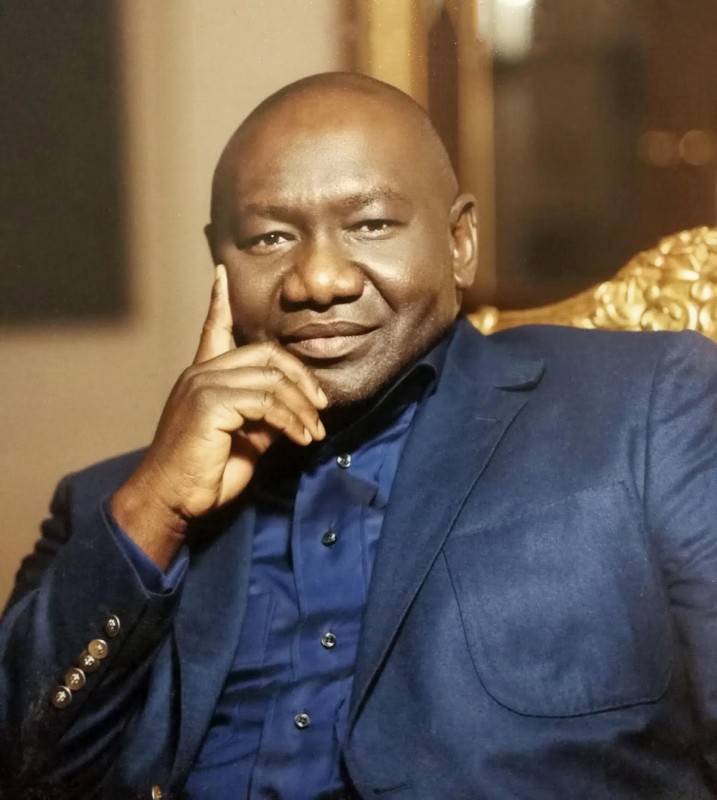The Federal High Court of Nigeria has ruled that the Economic and Financial Crimes Commission (EFCC) cannot declare any person as ‘wanted’ without first obtaining a Court order or charging them with an offence. The Court ruled that by declaring Benedict Peters ‘wanted’ the EFCC had acted illegally and unconstitutionally and violated Mr Peters’ right to personal liberty and the right not to be subject to inhuman and degrading treatment.
Benedict Peters, the founder and CEO of the Aiteo Group, said:
“This ruling is an important next step in the legal process to clear my name. I have not committed nor have I been charged with any crime. I am confident that I and the Aiteo Group will be exonerated of any and all wrongdoing by the Courts in the coming weeks and months.
“Aiteo is one of the leading indigenous energy companies in Africa and employs more than 300 Nigerians. I look forward to once again focussing all my efforts on growing our business and supporting sports development in Nigeria and across Africa, such as the CAF Awards, the Nigerian national football team and the Federation Cup.”
On 22nd February 2018, the Aiteo Group secured an interlocutory injunction from the Federal High Court of Nigeria restraining the EFCC and the Attorney General of the Federation from interfering or obstructing its business operations.
The interlocutory injunction restrains the EFCC and the Attorney General from embargoing or freezing Aiteo’s accounts or obstructing its activities in any way whatsoever. It also prevents the EFCC and the Attorney General from enforcing a restraint order awarded by the UK Crown Court on 19th October 2017.

